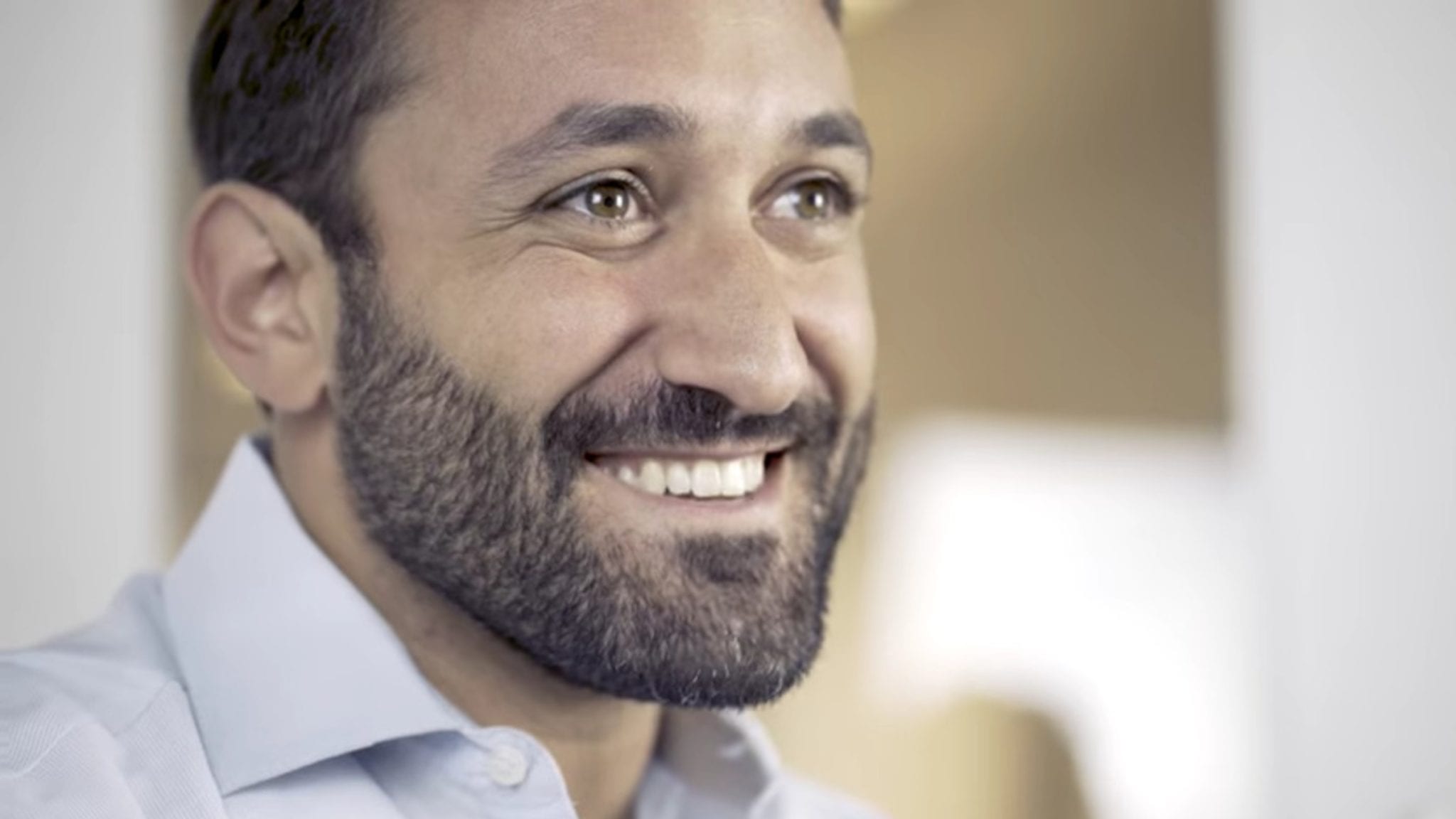
Manny Simons, Akouos CEO (Harvard Business School via YouTube)
Add ear gene therapy company Akouos to the ever-growing list of IPOs amid Covid-19
For investors looking to cash in on a burgeoning ear therapy space, the latest biotech angling for a public debut could be music to their …
Sign up to read this article for free.
Get free access to a limited number of articles, plus choose newsletters to get straight to your inbox.